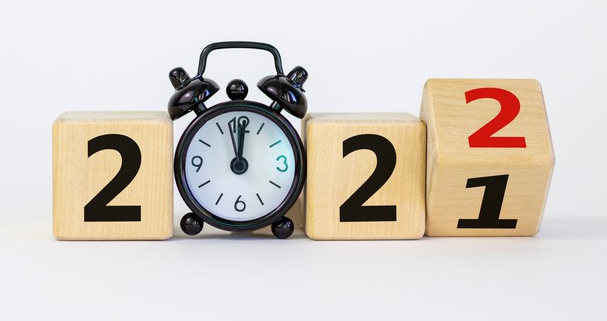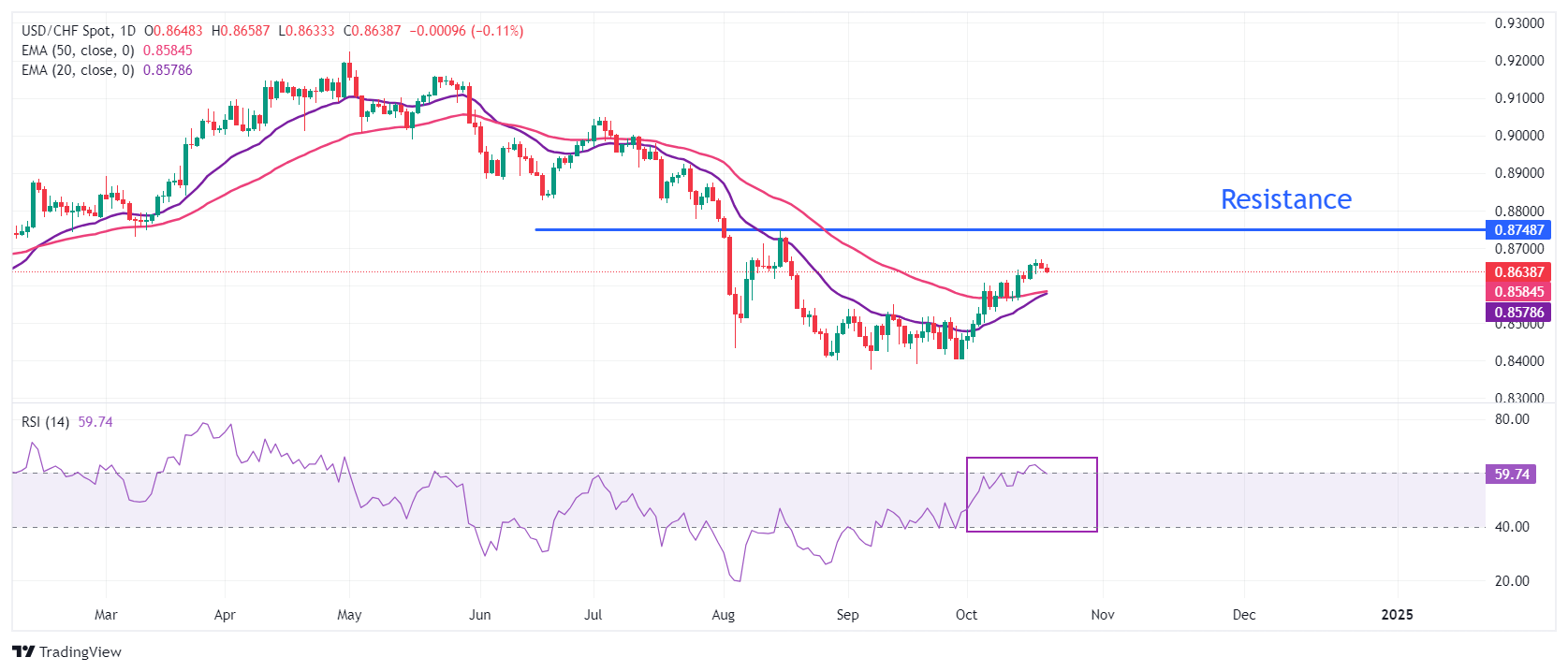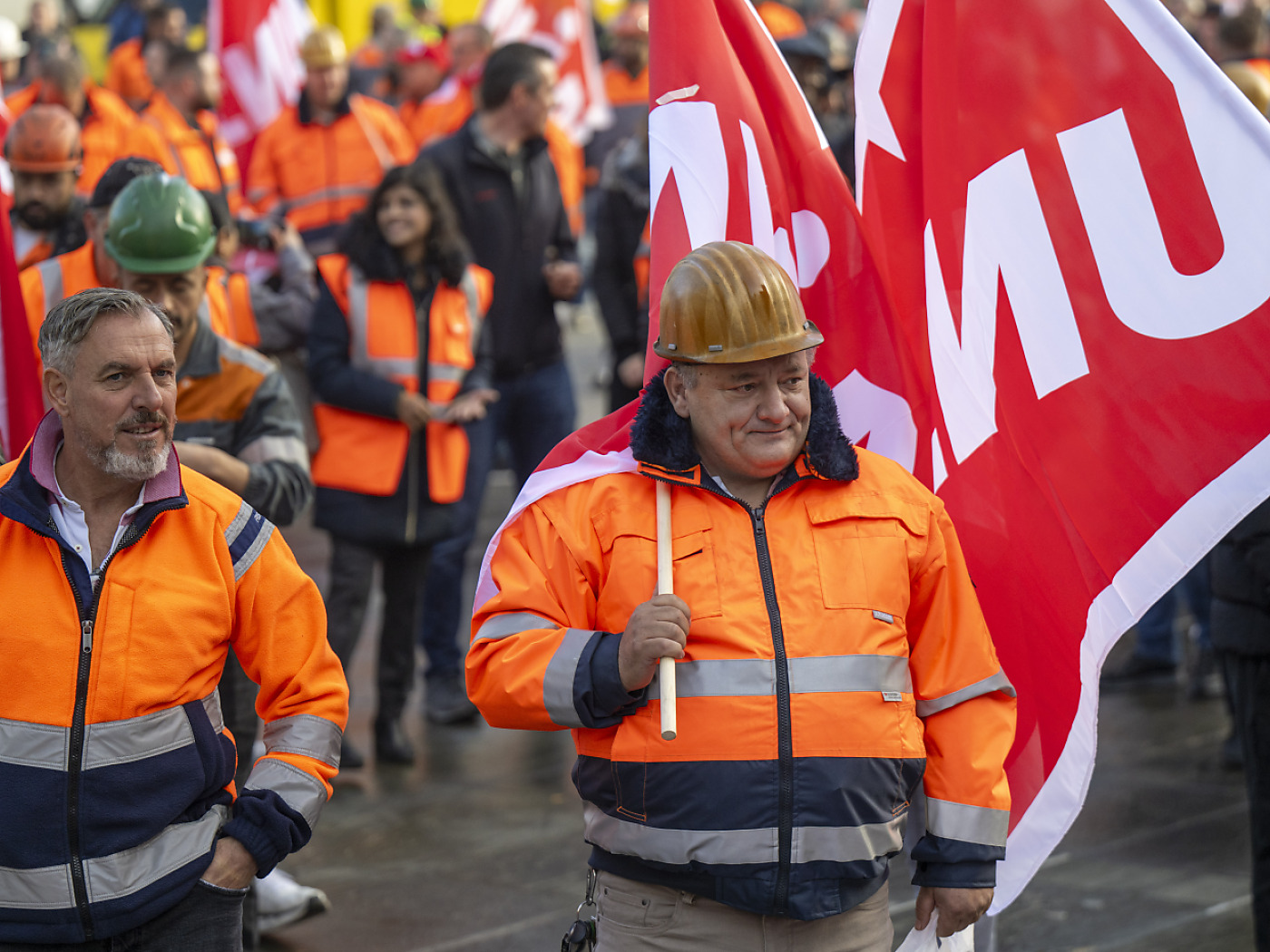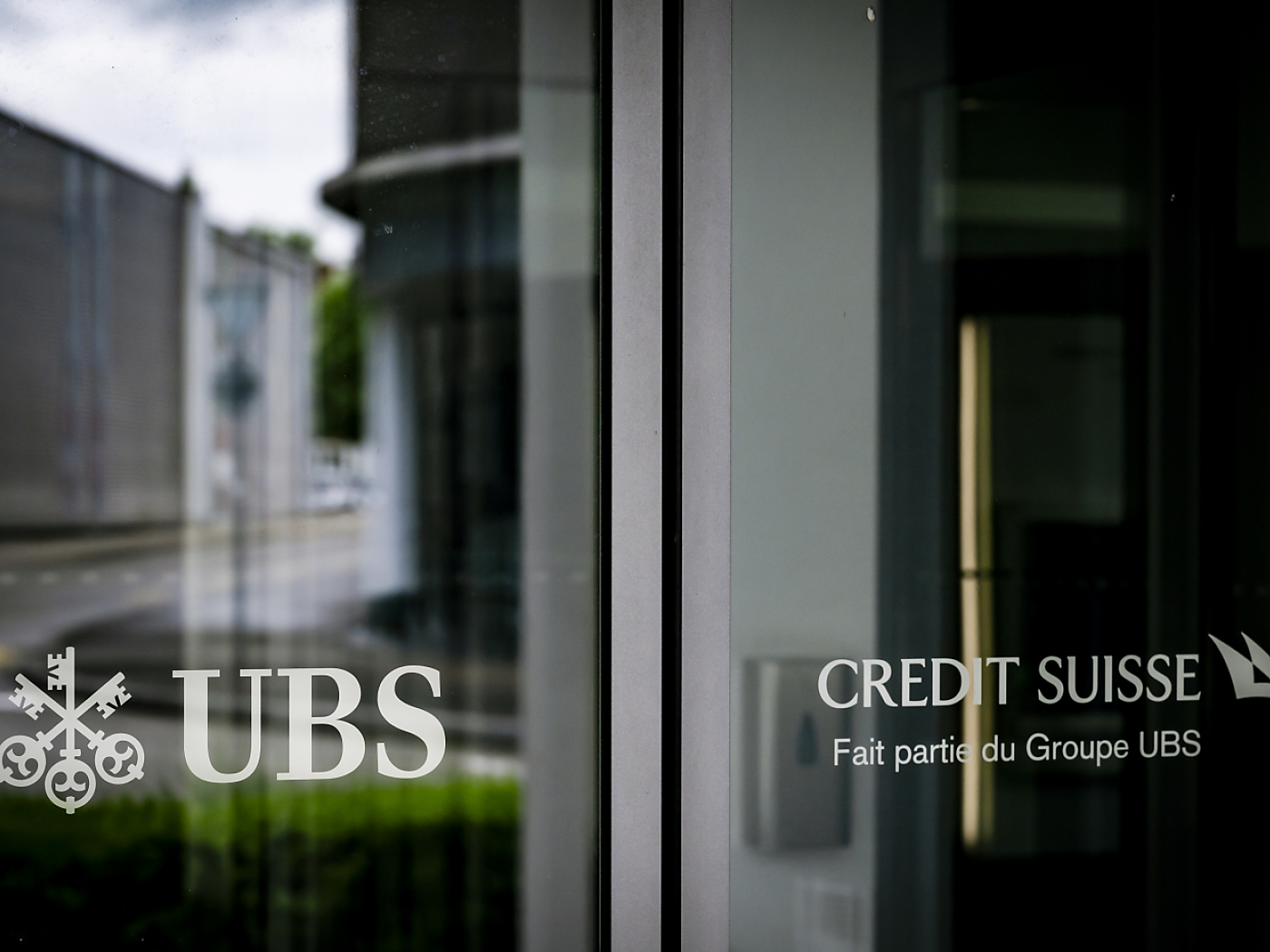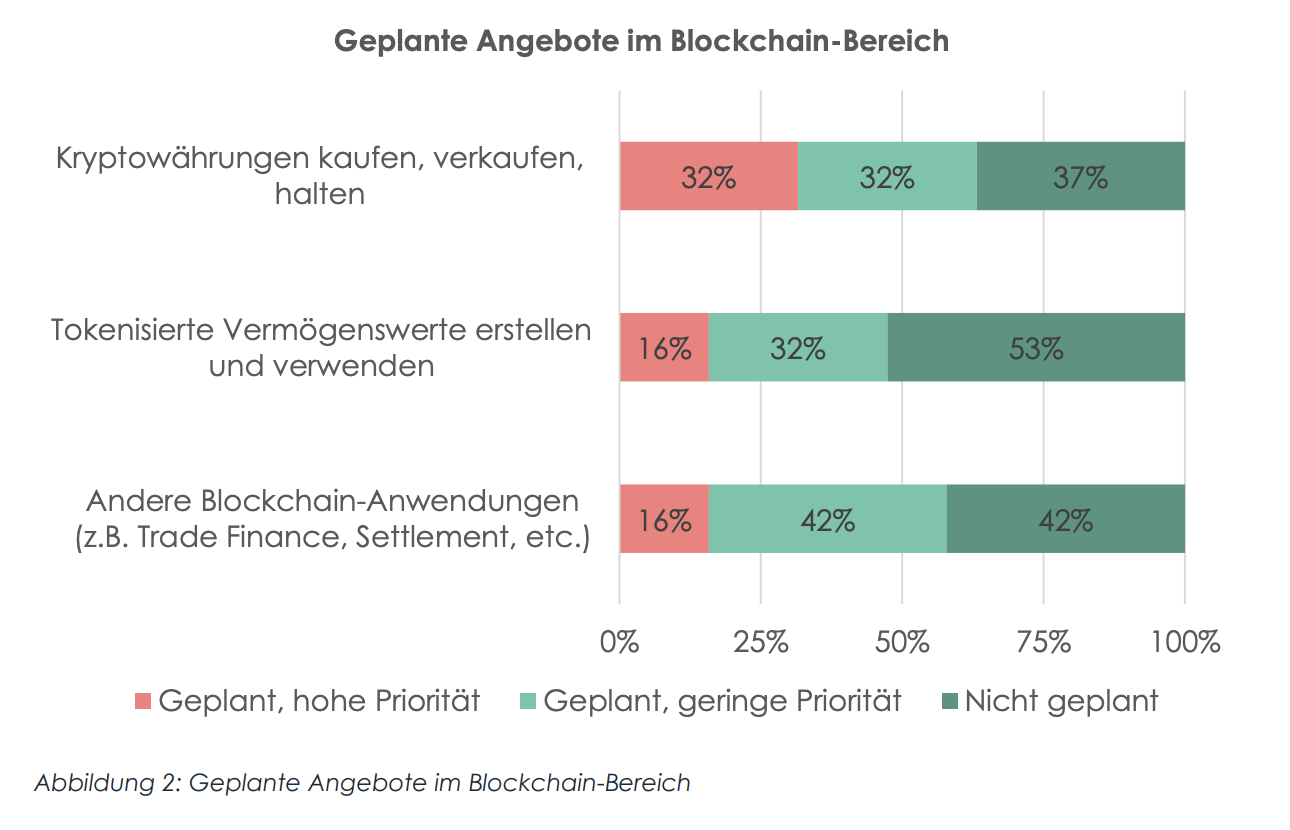As we are all preparing to bid farewell to 2021, there is a general feeling that this year, much like its predecessor, will not be missed. To my mind, however, it is clear that even though the past 12 months didn’t really teach us anything new, they did help cement the lessons of 2020 and spread important ideas to people who might otherwise have never come to question anything about the status quo. To me, this is a crucial step forward and one that is absolutely essential if we are ever to emerge from this crisis whole, as individuals and as societies.
Back in March 2020, when this fundamental shift in our daily lives began, I remember my first “gut” reaction to it: I thought that the covid crisis could turn out to be an official invitation to leave this system. It didn’t take long for it to become clear that everyone opposed to the extreme measures and restrictions, to this idea of a “new normal” and everyone who still cherished their individual liberties, their right to self-determination and their ability to live, work and speak freely, would soon find themselves on the margins of society. They would be excluded, ostracized and treated like the “others”, vilified and scapegoated for all the mistakes and the damage inflicted by the central authorities. As a result, those free-thinking people, be it by choice or by force, would have to come together, voluntarily cooperate and come up with ways to peacefully coexist, to have open debates, to be productive and to protect their values against the barbarous and inhumane powers that be.
Indeed, close to two years later, it appears my instincts weren’t that far off. If anything, what we’ve witnessed all over the world, all the dissenting voices, the protests, and the growing need for people to simply “check out” of this system, showed the limits of my imagination.
Since there is nothing new under the sun, and the “opening moves” of authoritarianism and totalitarianism are always the same, it wasn’t long before a small minority of liberty loving citizens, students of history and rational human beings realized where all this was headed and the imminent peril they were in. Before we knew it, we went from “two weeks to flatten the curve” to two years of restrictions, suspended rights, economic devastation and a widespread feeling that this is what “normal” looks like now. As for the vaccine, the “magic bullet”, that was supposed to put a decisive end to the whole covid nightmare, well, that was just summarily added to the list of broken promises and political deception.
Unsurprisingly, that list keeps getting longer by the day. Arguably equally unsurprisingly, throughout this time, countless citizens remained willfully blind to the truth that was staring them in the face. Perhaps because of the constant fear-mongering and the sensationalist media stories, perhaps because they felt they had no other choice, so many people suspended their disbelief and kept hoping that the benevolent rulers had their best interests at heart. Even more naively, they believed, and still do, that governments, central bankers and public health “experts” can and should decide what’s best for them, and for everybody else.
It is precisely this point that I kept coming back to in many of my articles and speeches since this crisis started. Being able to choose one’s own path, based on our individual circumstances, goals, and risk tolerance, is central to our value system and to our societies. This is why, very early on in the pandemic, I thought that it’d make sense to use this time and start a thought process, which has the goal to unite like-minded people, outside the urban centers, and form communities based on shared values, with which we can prepare together for the future.
Of course, this required first of all an open mind that can entertain a thought without accepting it. Not long after I started sharing these ideas, I was surprised by how many people were willing to broaden their horizons and engage in an honest exchange of viewpoints and opinions. Especially over the last year, as more and more people realized this “state of emergency” is not going away anytime soon, the number of free thinking individuals I have met is truly astounding. People from all walks of life, all kinds of backgrounds and political persuasions, have now woken up to the fact that their future is their own.
Practical implications of this “fork in the road” and solutions we can all implement in our own lives
The common denominator of all these complex debates and arguments is that the way out of this nightmare is radical decentralization. There is already a (r)evolution in progress, whereby the individual peacefully says goodbye to this system, with its wasteful and largely useless centralized structures, its rigid, “one size fits all” rules and its obsession with retaining total control over everything and everyone. Abandoning this system was always a good idea, but now it is simply inevitable. As we’ve seen many times in the past, our societies are deeply divided and far from reaching a commonly agreed upon solution. Add to this mix the financial pressures, that will only get worse as inflation spirals out of control, and the preexisting political frictions, and what we’re faced with is a truly explosive cocktail.
The warnings from the history books are loud and clear at this point. If we keep going down this same road, we know how this story will end. But that doesn’t have to be the case: We don’t have to behead the king, if we can just ignore him. Those who wish to trade their freedoms for some illusion of total safety and absolute protection may do so , but those who are happy and proud to turn down this offer should also have the opportunity to peacefully detach themselves and follow their own path.
Granted, it takes courage to make that choice. And not just because the pressure against it is so intense, but also because of the uncertainty that kind of “Plan B” entails. Going at it alone, or even with a small group of like-minded people, might feel uneasy at first, but it is my belief that this is an adventure that every self-respecting, enlightened human being should embark on; if not for themselves, then for the next generation.
At this point, for clarity’s sake, I must highlight that I am no naive idealist and I have no utopian vision of all the sound ideas prevailing and effectively changing the world. If anything, I would actually be repulsed by such a vision. Much like I detest others trying to impose their values on me, I would never want my own ideas to be forced upon my fellow man. Moreover, the entire world does not need to be changed for us to build our own futures; only our world has to change.We can create our own reality, our own small, self-sustainable and independent communities and take our destiny into our own hands.
In a practical, realistic sense, it is clear that not everyone can just literally upend their entire lives and simply “check out”. Most people have real life constraints, obligations, dependents and dependencies that, at least for the immediate future, require them to stay within the confines of the current system. There are, however, simple steps we can all take towards the right direction.
The ultimate goal of total individual liberty begins with financial independence. This is the most important and the heaviest yoke that we must shake off. The weaponization of the currency and using money itself to hold citizens hostage is the oldest trick in the book for central planners of all kinds. However, the antidote to it is even older: Precious metals, physical gold and silver in particular, have proven themselves to be the most reliable way out of this trap.
Understanding the importance of this first little step cannot be overstated. Especially at this point, as the inflationary pressures threaten to bring countless ordinary households to breaking point and as everyday citizens, who never even thought twice about the paper notes in their wallets, start to question the narratives they grew up with all their lives, it is quickly becoming imperative for rational investors, savers and for those who wish to preserve their wealth for the next generation to “check out” financially and monetarily before it is too late. Holding at least a part of your assets in physical precious metals, outside the banking system, has always been sound investing advice, but now it might very well turn out to be a life-changing move.
The coming months will be a test for all free-thinking and self-reliant people who wish to command their own fates. However, I am more optimistic than ever that we’ll succeed.
On this positive note, I wish you all a very merry Christmas and despite all the external pressures and all the “noise”, I hope you will enjoy these festive days as they were meant to, together with your family and loved ones.
In liberty,
Claudio Grass, Hünenberg See, Switzerland
This work is licensed under a Creative Commons Attribution 4.0 International License. Therefore please feel free to share!
Full story here Are you the author? Previous post See more for Next postTags: Claudio Grass,Economics,Featured,Finance,Gold,gold is money,Monetary,newsletter,Politics,Thoughts,Uncategorized










